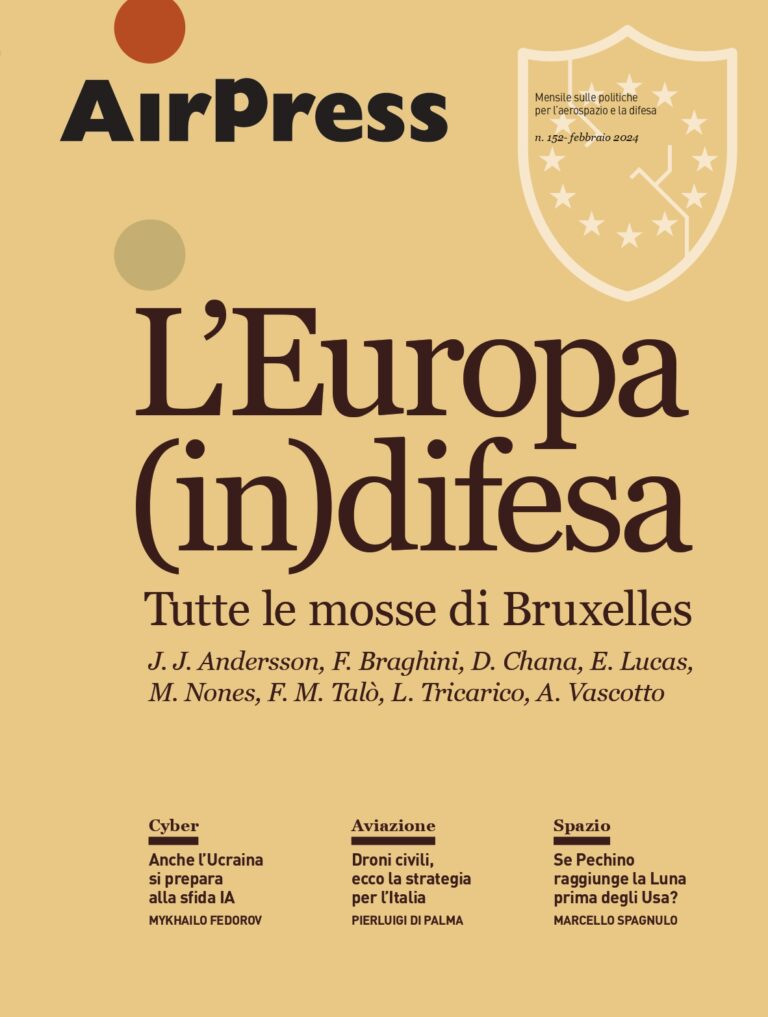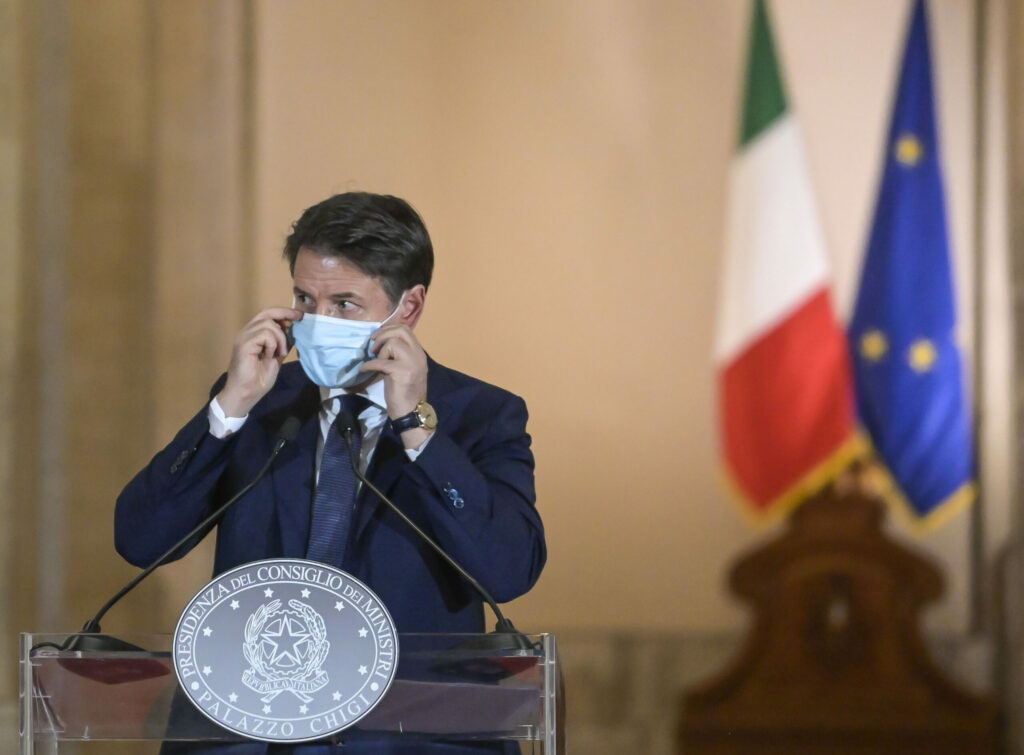Concerned Italians gathered around their screens on Sunday night to tune into prime minister Giuseppe Conte’s much anticipated nationwide televised speech.
The past two weeks have seen Covid-19 cases rising exponentially across the country, with hospital wards and ICUs beginning to fill up again. Thus, Mr Conte announced a new series of “soft” restrictions with the final aim to avoid another general lockdown.
But as soon as the PM started taking questions, he was faced with a topic that has been pestering him since April: whether Italy should accept the European Stability Mechanism (ESM) fund, amounting to roughly €36 billion, to finance Italy’s national health service.
MPs (as well as the population) are profoundly split on this issue, which has been politically charged to the point of toxicity after months of fierce discussions and Mr Conte’s refusal to take a clear stance.
Those in favour point out that the ESM money is available immediately and can be used to prop up the health service, which is straining under the pandemic’s second wave. They also argue that the loan’s interest rates are way more convenient than those of standard State bonds.
Critics fear that in accepting the ESM fund, Italy would bind itself to European “overlord” institutions, which would then have their say over public debt restructuring. However, all conditionalities but one – tying the expenses to direct or indirect sanitary costs – have since been stripped by the fund.
Nonetheless, on Sunday Mr Conte said that “The ESM is not the cure-all that’s being depicted,” being that it’s a loan, and thus it must be paid back.
The PM argued that a part of the EU Recovery Fund money combined with the 2021 finances plan (a combined €14 billion) will cover sanitary costs without the need to access the ESM, for the sake of controlling public debt.
He then argued that the sanitary and economic situation did not warrant more money than those already available, despite the fact that the Recovery Fund will be partially accessible starting from 2021 and the public debt is currently floating around 160% of GDP.
Finally, Mr Conte argued that accepting the fund would create a negative “stigma” effect for the country, nonquantifiable in terms of money, since no other country has accessed the ESM. Still, he did not rule out recurring to it “if the situation will require it” in the future.
The issue still seems to be political rather than economic. When Mr Conte says that “it doesn’t make sense to take the ESM to solve this public debate,” he’s avoiding a decision that could potentially tear up the coalition government.
The Five Star Movement – senior governing partner – has campaigned aggressively against the ESM in the past, and it’s currently undergoing a political and identity crisis. Meanwhile, the Democratic Party – second-biggest governing partner – is pushing to accept the fund as soon as possible. Therefore, going one way or the other could potentially shatter the governing majority.
However, those in favour are not keen on giving up just yet – authors on influential national papers such as Il Corriere della Sera and Il Foglio are urging the PM to get over the “Kafkaesque” debate and “take the damn money already.”
Neither are the Dems willing to decrease pressure on the PM. Their leader Nicola Zingaretti, who had long lobbied to accept the fund, expressed his disappointment by saying that the ESM “should be discussed in the appropriate fora, not with a line during a presser.”
Over to the opposition, lead by the centre-right coalition, Matteo Salvini and Giorgia Meloni rejoiced together with their parties, while Silvio Berlusconi‘s Forza Italia sided with the Dems in underlining the urgent need for the ESM fund.







